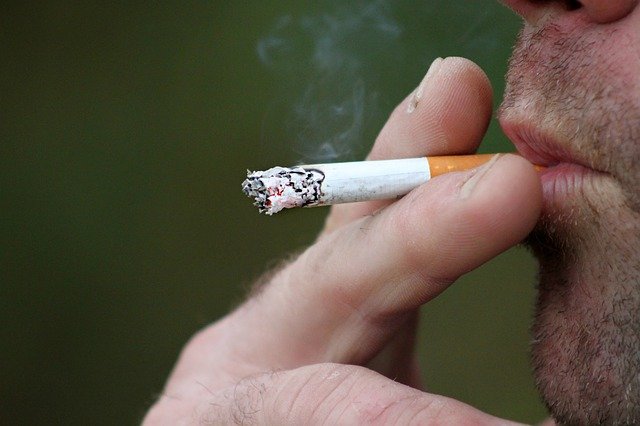
Smoking Can Affect Dental Implants: Here’s Why
Whether you are considering having a dental implant as a tooth replacement option or you have had your dental implant for some time, a common question that I hear from my patients is regarding an old habit… Smoking!
Nearly one quarter of the U.S. population smokes cigarettes. Although the number of smokers is significantly less than it was 50 years ago, the question still comes up from a large portion of my patients.
As you know, both cigarettes and smokeless chewing tobacco carry nicotine, which the body absorbs and causes a stimulating response. This is the reason many people may feel a slight “buzz” or are more engaged with daily activity when they start using tobacco—and it is addicting.
However, smoking and tobacco have a significant impact on our teeth. Not to mention the harm it causes to dental implants.
Smoking causes certain responses in your body, and these responses will affect your oral health and dental implant. As always, the best option for any bad habit is to kick it, but there are some alternatives that will give your dental implant the best chance of success should you choose to continue smoking.
How does smoking affect my dental implant?
Did you know tobacco causes changes to your blood flow? It reduces the amount of oxygen delivered to your bone and gums. Lower levels of oxygen reduce the body’s ability to heal or create strong bone around the dental implant.
Tobacco also weakens the body’s immune response to pathogens, leading to issues like gum disease and tooth loss. These pathogens also can affect a dental implant, cause lower success rates in smokers and a higher chance of complications for those who have implants
What is needed for a successful dental implant?
Oxygen, a strong immune system, and daily care are essential for a successful dental implant!
Let us consider plants as a means of comparison. To have a thriving and healthy plant, it requires a healthy foundation of soil with rich nutrients, adequate source of oxygen, daily sunshine and maintenance.
Believe it or not dental implants are remarkably similar. The foundation of your dental implant is within your bone and gums. Your bone has cells that provide nutrients and oxygen for the dental implant and this is especially important for your body to accept the implant. Pathogens and bacteria may hide out within your gums, but your immune system and daily brushing help resist these bugs.
Scientific studies suggest patients should quit smoking for two weeks before implant surgery. This will aid in clearing the nicotine from your system. This also allows improved blood flow and oxygen to your bones.
Following the implant surgery, discontinue smoking for an additional eight weeks to allow bone cells to accept the dental implant and improve your immune system’s ability to fight off pathogens.
Dental implants are the longest lasting tooth replacement option available for most cases. Dental implants are life changing and by working with a dental implant expert, you can have the confidence to make the best decision about your oral health.
